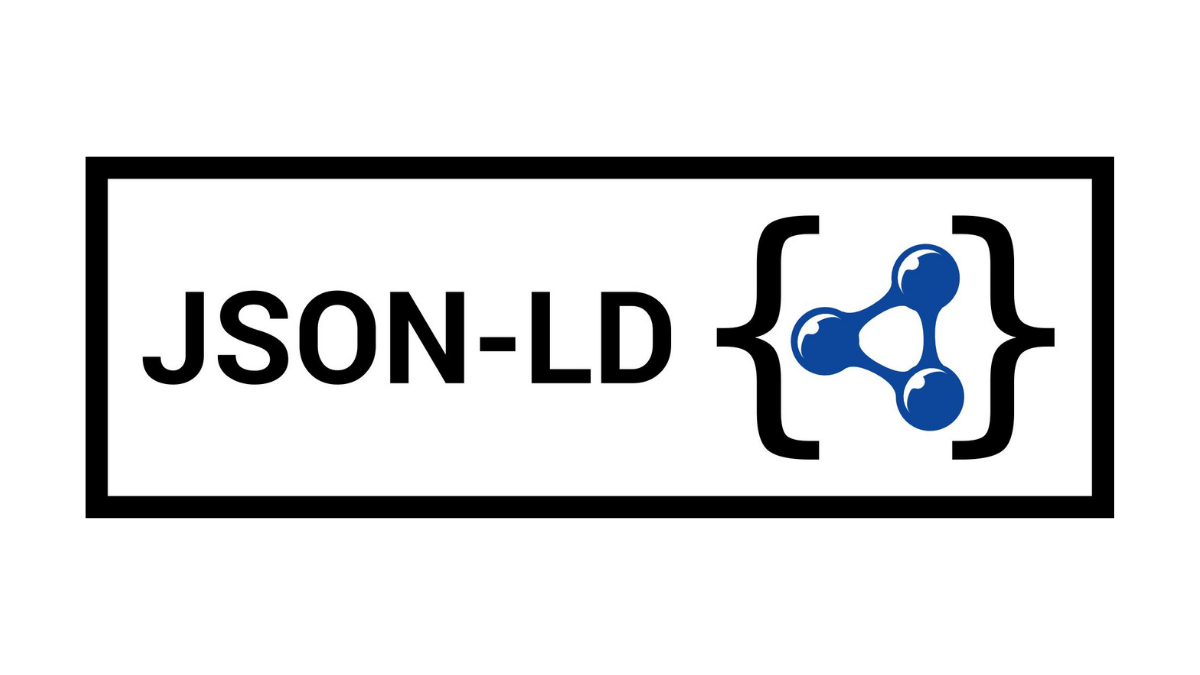The Power of Structured Data JSON-LD: Boosting Your SEO Efforts
by Devonte Emokpae, Founder / CTO

Introduction: Unveiling the SEO Secret Weapon
In the ever-competitive world of online visibility, mastering search engine optimization (SEO) is essential for businesses and content creators. As search engines become smarter, so must our SEO strategies. One potent, yet often underutilized, tool in the SEO arsenal is Structured Data in the form of JSON-LD.
What is Structured Data JSON-LD?
Structured Data is a standardized format used by search engines to understand the content and context of web pages better. JSON-LD (JavaScript Object Notation for Linked Data) is a specific format for Structured Data that's both human-readable and machine-readable. It's a way of organizing and presenting data on your website to help search engines comprehend the information more effectively.
Why Does Structured Data Matter for SEO?
Structured Data serves as a bridge of understanding between your website and search engines like Google, Bing, and Yahoo. Here's why it matters:
1. Enhanced Search Results (Rich Snippets)
Structured Data enables your content to appear as rich snippets in search results. These snippets include additional information like ratings, reviews, and product availability, making your listing more attractive and informative to users.
2. Improved Click-Through Rates (CTR)
Rich snippets catch the eye and entice users to click on your link, potentially increasing your click-through rates. This can lead to more organic traffic, which is highly valuable in the SEO world.
3. Better Understanding of Content
Search engines can better understand the content of your pages when you provide structured information. This understanding can lead to your content being ranked higher for relevant search queries.
4. Voice Search Optimization
As voice search becomes more prevalent, Structured Data is crucial. It helps voice assistants like Siri and Alexa find and present your content as the most suitable answer to user queries.
5. Local SEO Benefits
For businesses with a physical presence, Structured Data can help with local SEO efforts. It provides critical information such as business hours, location, and contact details in a format that search engines can easily digest.

Implementing Structured Data JSON-LD
Now that you understand its importance, how can you implement Structured Data JSON-LD on your website? Here are the basic steps:
1. Identify Content Types
Determine which content types on your website can benefit from Structured Data. This might include articles, products, reviews, events, or local businesses.
2. Use Structured Data Markup
You can add Structured Data to your web pages using specific markup formats, such as Schema.org. Each content type has its own set of properties and guidelines.
3. Validate Your Markup
Use Google's Structured Data Testing Tool or other validation tools to ensure your markup is error-free and follows the recommended guidelines.
4. Monitor Performance
After implementing Structured Data, monitor your search engine performance to see how rich snippets and improved rankings impact your website's visibility and traffic.
5. Keep It Updated
As your content evolves, make sure to keep your Structured Data markup updated to reflect any changes. This ensures that search engines always have accurate information.
Conclusion: Elevate Your SEO Strategy
Structured Data JSON-LD is a powerful tool that can take your SEO efforts to the next level. By providing search engines with structured information about your content, you improve your chances of appearing in rich snippets and earning higher rankings. This ultimately leads to more organic traffic and better online visibility.
In the competitive landscape of online search, embracing Structured Data JSON-LD can be your SEO secret weapon. Don't miss out on the opportunity to enhance your SEO strategy and boost your website's visibility in search results.